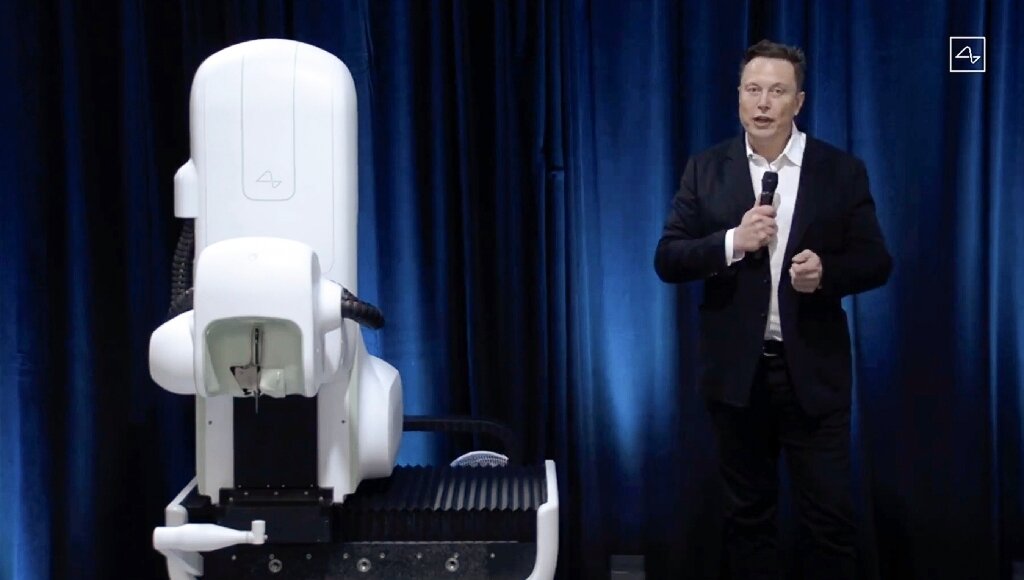Neuralink is a neurotechnology company co-founded by Elon Musk in 2016. The company’s goal is to create direct communication channels between the human brain and computers. The technology would mainly work through an implant called the “Link,” which is about the size of five stacked coins. The hardware would contain electrodes capable of both recording neural activity and stimulating specific regions of the brain. The aim of Neuralink is to supercharge human capabilities, treat neurological disorders like ALS or Parkinson’s, and ultimately achieve a symbiotic relationship between humans and artificial intelligence.
The Link Implant and its Potential Benefits
The implant, if successful, could treat paralysis, spinal cord injuries, and brain disorders. It could also potentially blur the line between human consciousness and computing, an idea that has long excited technologists, while feeding nightmares of a dystopian future taken over by cyborgs. The approval from the FDA for human testing comes as a great relief for Neuralink, which until now had been testing its implants in monkeys and other animals. Last year, Pew Research surveyed US adults and found that 78% do not want a computer chip implanted in their brains to process information faster.
Other Companies in the Field
Other companies seeking to make a play in the sector include BrainCo, Kernel, and CTRL-Labs, now a part of Meta’s virtual reality division. Another implant project, designed for research purposes, is from company Blackrock Neurotech, which has also received FDA approval for human testing.
Concerns About Animal Testing
The FDA approval for human testing comes after reports emerged that the United States Department of Agriculture (USDA) had opened an investigation into potential violations of the Animal Welfare Act at Neuralink. The report estimated that Neuralink killed about 1,500 animals, including more than 280 sheep, pigs, and monkeys for research since 2018. The USDA refused to confirm or deny the report at the time. Arch-rival Synchron reportedly killed only about 80 sheep as part of its research, according to documents seen by Reuters.
Neuralink’s brain-implant technology could revolutionize the way humans interact with computers and treat neurological disorders. However, the implant’s potential benefits are met with concerns about ethical and animal welfare issues. With FDA approval for human testing, Neuralink can now move forward with its ambitious project. Other companies in the field are also seeking to make advances in brain-machine or brain-computer interface research.


Leave a Reply